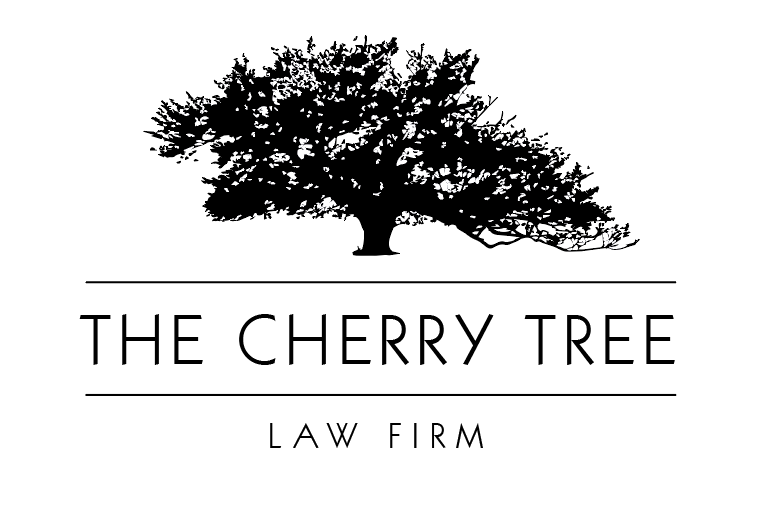Please accept our condolences for your loss. We understand that often after a loved one has passed away, family members are confused as to how to proceed. If you have immediate concerns, please call and ask for Stacy, and we will try to be in touch with you as quickly as we can. Stacy cannot give you legal advice but she may facilitate a consultation if needed.
The following is a short summary of common probate issues. Please note, this information page is designed to assist, but not take the place of appropriate legal advice relevant to your particular situation.
PROBATE. Probate is a Court procedure for managing and distributing a deceased person’s property. Probate is necessary to transfer title if the asset was owned in the deceased’s name alone. There are two forms of probate in Oregon. Formal Probate and Small Estate Proceedings. If the deceased had a Will, you will need to file probate to have authority to fulfill the instructions in the will.
Simplified procedures are available for SIMPLE ESTATES. Simple Estates are those where the deceased owned real estate valued at less than $200,000.00 and/or personal property valued at less than $75,000.00. The Simple Estate Affidavit is the form used to open probate and is designed to be used without an attorney. A good source for those forms is the Oregon Courts website: https://www.courts.oregon.gov/forms/Pages/simple-estate.aspx. We do often find that these procedures coupled with the distress of a recent loss can be discouraging. If needed, we can put the paperwork together for your use in navigating this procedure. Please make an appointment to discuss this option.
FORMAL PROBATE is usually done with the help of an attorney and begins by filing a petition with the Court. Probate is filed in the county where the deceased person lived, owned property, or had assets at the time of death. (Note: if the deceased had real estate or other property outside of Oregon- you may need to file probate in that other state or country). The Court will appoint a personal representative (formerly called the “executor” or executrix”) who will act on behalf of the estate. The personal representative then must take certain steps during the probate process to notify and pay creditors, manage the assets of the estate, and ultimately to distribute the inheritance to the heirs or devisees. These steps are time sensitive and require proper filings of legal documents with the Court. If there is a Will the court will need the original. A Will tells the Court who should serve as personal representative and instructs the personal representative on how to distribute the deceased’s property. If there is no Will, Oregon law dictates how the estate is to be distributed.
IMMEDIATE DUTIES-PRIOR TO PROBATE. If funeral arrangements have not been made, the person nominated as personal representative should make them. The personal representative should secure the residence and valuables and make sure they are insured. The personal representative should also assure the well being of any pets of the deceased. If the personal property is being held by others, particularly if held by the person who is to ultimately receive the property, the personal representative can obtain a receipt rather than take possession of the property. (If a surviving spouse or minor child is dependent on the estate assets for support, the personal representative can request the court allow a partial distribution after probate is opened.)
WHAT PROPERTY IS PROBATED? Assets that were in the decedent’s sole name are included in the probate estate and subject to the Court’s administration. Assets held in joint ownership and assets payable directly to named beneficiaries, such as life insurance or pension benefits, are not included. Assets held in a trust are generally not included in the probate estate either.
WHAT IS A PERSONAL REPRESENTATIVE? The court appoints a personal representative after a petition to initiate probate has been filed. The person appointed is responsible for managing property, dealing with creditors and distributing any remaining property. An attorney can provide legal advice to the personal representative, prepare documents, and assist with other probate issues. The personal representative, however, has certain responsibilities that can not be fully delegated to an attorney and may be required to obtain a bond during the appointment process. The estate can pay the cost of the bond. Regular communication between the personal representative and the attorney will facilitate the probate process and help avoid problems.
I NEED HELP! BUT ISN’T PROBATE EXPENSIVE? You are not alone. The probate process is very procedurally specific and it is common to hire the assistance of an attorney. Often a family concern is that the hiring of an attorney will diminish the assets of the estate or cause the state to somehow take everything. A well run probate should minimize expenses by working with the personal representative to educate them on their duties and efficiently manage the flow of paperwork. A good attorney is an asset for the Formal Probate Estate.
For more information you can reach us by phone: (541) 738-2445


